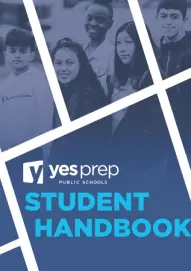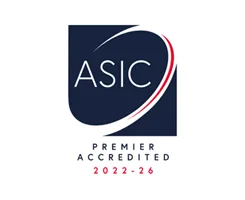
If English is not your first language, then taking an English language test, like TOEFL or IELTS, often required as part of your study abroad application, may at first seem a bit difficult and even scary.
We all know that mastering the complex and sophisticated writing and speaking skills required for success is not something that happens overnight and even for the best students requires a lot of hard work. Enrolling on a General English Language programme or a specific English Language Exam Preparation programme is of course a good first step. However, there are also many day-to-day, and often fun activities,which can also help improve your English outside of the classroom and at no extra cost.
- Watch English language films
Netflix shows can help you grasp the language better, get used to colloquial, conversational forms of English, and develop a feel for the language. However they may not always increase your debating skills or use of formal English, so also try to pick out words that sound quite casual and then look up their more academic or formal equivalents. Documentaries are a good starting point and there are tons online, we recommend starting with anything by David Attenborough. - Get familiar with English language news
Try to read a variety of English language publications, such as newspapers, magazines, and online news sites. This variety of news sources will not only keep you up to date with current events but also help you build your vocabulary. Another benefit is that you will feel more at ease with the spelling of words and the situations and context in which they are used. - Listen to English music while reading the song lyrics
We all like listening to music and if you stream music then you can also follow the lyrics at the same time. Try listening with the lyrics a few times and then try without to see if you can follow the words. Then sing a long and see if you get the words right. Karaoke is an excellent way to practice this with friends. - Create your own dictionary
Make a list of helpful terms and phrases in a notebook or on your computer. Also Include any unfamiliar words you come across or hear. Don’t just concentrate on the word but look up its synonyms and other uses as well. - Have English language chats with friends or other students
Even though listening and reading exercises might be beneficial, you still need to interact with English and hone your speaking abilities. If you are fortunate, you may know a few native English speakers who can assist you, but if not, attempt to meet up with someone else who is also learning the language.
When chatting with a native speaker outside of class or even with your teacher during your English Language Programme, pay attention to the natural phrases that they use. It is important to remember that there are always a number of natural responses to any question – even to a simple question like ‘how are you?’ - Play online games in English
Who doesn’t enjoy playing games?All learners, whatever their level, should routinely play English games as they provide a welcome and relaxing change from typical classes or assignments. There are many good online sites and offer an enjoyable way to practice your English. - Picture association
Thinking of visuals that symbolise a word or idea in English is known as image association. Many people learn best by visualising words and so the use of flashcards with the words and an image can be a fantastic way to remember new words and phrases. - Practice speaking in front of a mirror
When learning English or any foreign language it can feel quite weird and even a bit embarrassing to speak in public. Often this is because we are unsure of how we sound when we make sounds that are not present in our native tongue or sometimes, we just don’t want to make mistakes in front of people.
So to boast your confidence try speaking in front of a mirror and pay attention to how your lips move. This will help to boost your self-confidence and your English pronunciation. - Record yourself speaking English (and listen!)
Spend a few minutes every day recording your English. It doesn’t matter what you record – talk about your day, read a passage from an English book or newspaper, or just use some new English phrases you have learnt.
This exercise is all about correcting your mistakes – so listen to the recording straight away and note any grammatical errors, mispronounced or misused words and then try again, focusing on the mistakes you made. Also remember to save the recording as you can play back earlier ones to remind you of the progress that you have made. This can be very motivational if you are evert having a tough time with your English study and in need of a pick-me-up! - Practice reading techniques
Skimming and scanning are reading techniques that help to speed up your reading. They are also extremely useful skills for the reading section of English tests such as IELTS and will definitely help you improve your score.
Both are techniques that you will use in your own language without even realising it and so doing in English may be easier than you think.
Skimming helps you to read something quickly to get the main idea. Instead of reading every word, you just focus on the title or topic heading, the first sentence in each paragraph and the last sentence.
Scanning is useful for finding specific information. Think of the information you are looking for and then quickly look for the words related to that information.
What do you think of our English language advice? Learning a language takes time, effort, and lots of practice. But we hope that these ideas and techniques will help to reach your goals faster.
But please remember that however you learn the important thing is to enjoy your study and make learning English fun!
click
to view















































